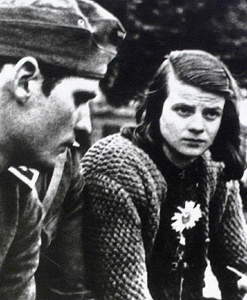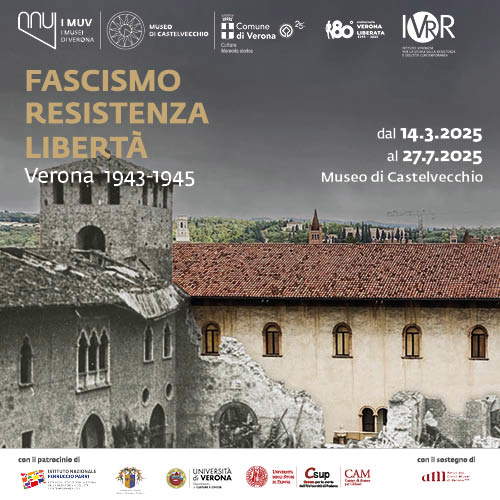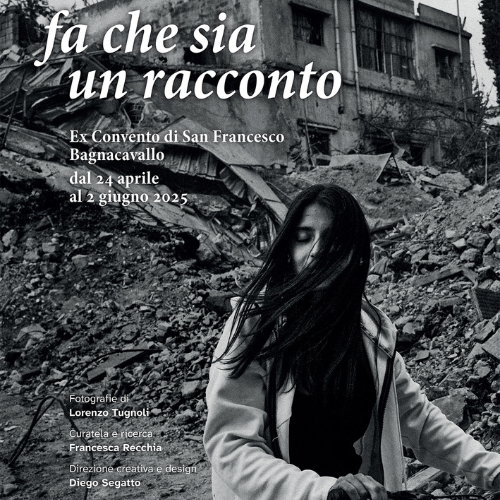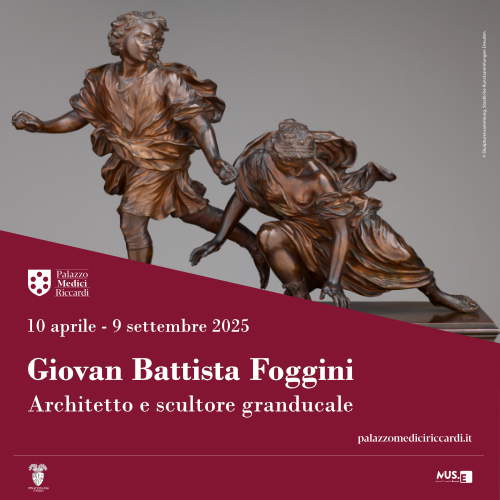February 22, 1943 - February 22, 2013: 70 years since the conviction of Hans and Sophie Scholl
Exactly seventy years ago, on February 22, 1943, the siblings Hans and Sophie Scholl and their friend Christoph Probst were executed by the Nazi regime in Munich, following a very quick trial. All were very young: they were just, respectively, 24, 21 and 23 years old, and they were all students, members of the White Rose group(Die weisse Rose in German). We decided to dedicate an article on our website to their memory for several reasons.
 First, because it is the anniversary of one of the most vile, senseless and heinous acts of the Nazi regime, namely the sentencing of three very young men to death, and because since their story is less well known than that of other opponents of Nazism, few people in Italy today remember them. Second, because they were not super-heroes, but they were young people like us, they were about our age, like many of us in Finestre Sull’Arte and like a great many of the young people who follow us were studying at university, like all of us they had ideals and aspirations. And although they were very ordinary people, they showed a courage that is a quality of few. Not only because of the content of their message, but also because of the way they spread it. They led their resistance simply by distributing leaflets that they had printed in numerous copies: each leaflet closed with an invitation to the reader to spread their message as widely as possible. In those days paper was expensive, those who bought in large quantities risked becoming suspect, and distribution from town to town was risky since the streets and, in general, communication channels were controlled and manned.
First, because it is the anniversary of one of the most vile, senseless and heinous acts of the Nazi regime, namely the sentencing of three very young men to death, and because since their story is less well known than that of other opponents of Nazism, few people in Italy today remember them. Second, because they were not super-heroes, but they were young people like us, they were about our age, like many of us in Finestre Sull’Arte and like a great many of the young people who follow us were studying at university, like all of us they had ideals and aspirations. And although they were very ordinary people, they showed a courage that is a quality of few. Not only because of the content of their message, but also because of the way they spread it. They led their resistance simply by distributing leaflets that they had printed in numerous copies: each leaflet closed with an invitation to the reader to spread their message as widely as possible. In those days paper was expensive, those who bought in large quantities risked becoming suspect, and distribution from town to town was risky since the streets and, in general, communication channels were controlled and manned.
And third, because of the modernity andelegance of their message. For they were not rioters, they were not advocates of riots, they were not bombers, in short: the members of the White Rose were opposed to violence and force as a means of countering dictatorship.
We read in their third leaflet, “to many, probably to most readers of this leaflet, it is not clear how effective resistance can be exercised [...]. We do not have many means, there is only one at our disposal: passive resistance” (in the original: viele, vielleicht die meisten Leser dieser Blätter sind sich darüber nicht klar, wie sie einen Widerstand ausüben sollen [...]. Wir haben keine reiche Auswahl an solchen Mitteln, nur ein einziges steht uns zur Verfügung - der passive Widerstand). And this action of passive resistance was to be exercised through sabotage: of Nazi events, of their artistic manifestations, of their publications, of their fundraisers even when the latter were passed off as charitable works, and of anything that might further the regime’s propaganda. The first four leaflets closed with excerpts or poems by philosophers and writers, thus emphasizing the great culture of the members of the White Rose: Schiller and Goethe in the first leaflet, Lao-Tze in the second, Aristotle in the third, Novalis in the fourth. Mainly responsible for their drafting were Hans Scholl and Alexander Schmorell: the latter was executed on July 13, 1943 at the age of 25.
They managed to distribute six leaflets. The last one was distributed on February 18, 1943, and the action was fatal to the group: Sophie Scholl climbed the stairs of the atrium ofLudwig-Maximilians-Universität München, Munich’s Ludwing-Maximilians University, and dropped several leaflets in the university courtyard. She and her brother Hans were immediately handed over to the authorities, who within hours had several other people arrested, including Christoph Probst. The trial began on February 22, and after a few hours ended with Hans Scholl, Sophie Scholl and Christoph Probst being sentenced by beheading: a sentence that was carried out immediately.
We therefore pay tribute with our remembrance to these great figures who, by their courage and refinement, stood for noble ideals of nonviolence, in support of peace, against all kinds of abuse and discrimination. A message, that of the White Rose, still highly relevant today. We leave you with some tips for learning more about their story. Starting with the Web: on the site www.olokaustos.org, maintained by the Olokaustos Association of Venice, you can find the recollections of Jürgen Wittenstein, one of the few surviving members of the White Rose, and you will also find Italian translations of the leaflets in their full versions. On the website of the Bundeszentrale für politische Bildung, or the German Federal Agency for Civic Education, www.bpb.de you will be able to find instead the original German flyers digitized with a scanner, as well as numerous in-depth studies on the White Rose. Among the readings we recommend The White Rose by Inge Scholl, Hans and Sophie’s older sister, a volume published in Italy by Ithaca Edizioni in 2007. Finally, we recommend the beautiful film released in 2005 Sophie Scholl - Die letzten Tage (in Italian: La Rosa Bianca - Sophie Scholl), starring Julia Jentsch as Sophie Scholl: a film that reconstructs in a clear and documented way the events of the group.
Warning: the translation into English of the original Italian article was created using automatic tools. We undertake to review all articles, but we do not guarantee the total absence of inaccuracies in the translation due to the program. You can find the original by clicking on the ITA button. If you find any mistake,please contact us.





























